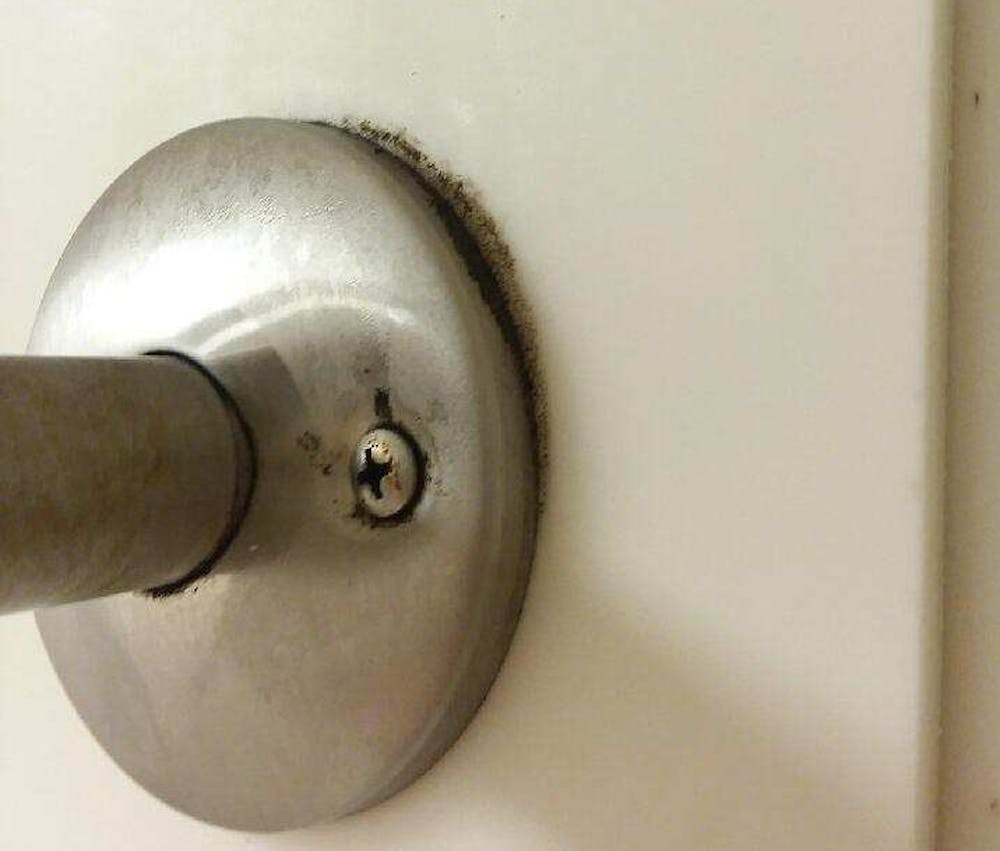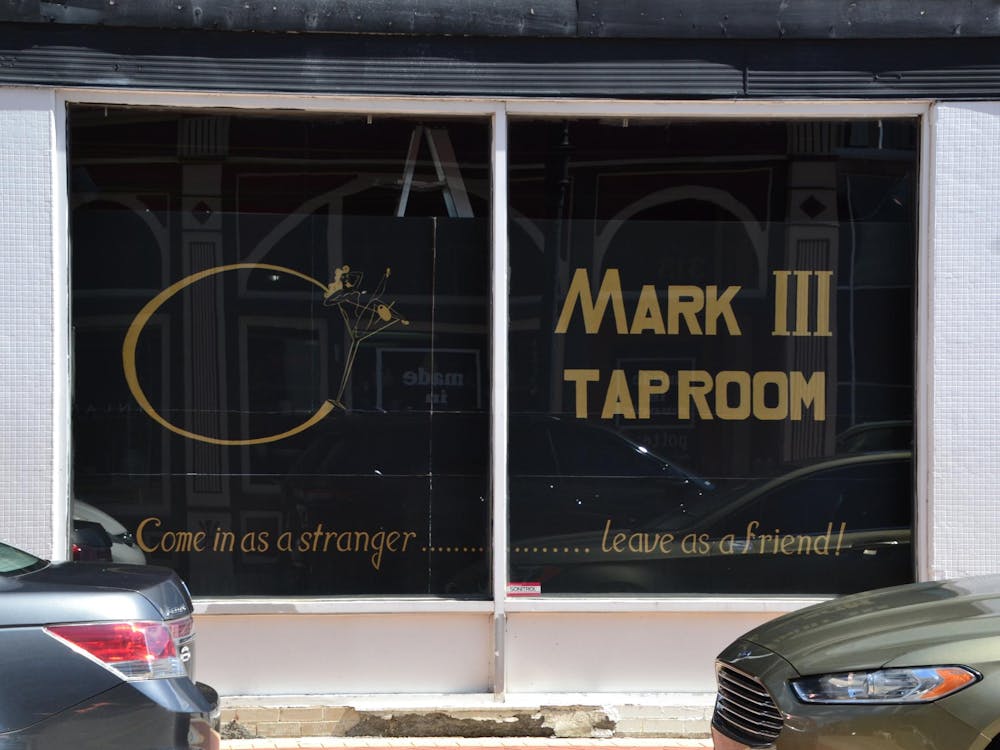Since August, students living in Noyer Complex have been dealing with cases of mold.
George Edwards, associate director of housing and residence life facilities, said the mold affected six student rooms and has been eradicated.
Laini Johnson, a sophomore natural resources and environmental management major, said she and her roommate started noticing the mold growing on bathroom walls around three weeks ago.
“When we saw it, my roommate wiped some of the spots off the walls with toilet paper. The next time I saw a spot I took a paper towel and disinfectant spray and wiped it off,” Johnson said. “Then we noticed it starting to grow in the corners of the floor and lots of other places — around the shower curtain rod, behind where our towels hang, around the door frames.”
Edwards said this isn’t the first instance of mold in residence halls and that there are usually four to five work orders for it each year. The mold was removed using biocide, a substance that kills unwanted or harmful organisms and microorganisms.
While Edwards didn’t specify what type of mold it is, Johnson suspects it was black mold due to an allergy she has.
“My initial thoughts were, ‘This isn't good because it is black mold and I'm extremely allergic,’” she said. “I can't take a shower without having an allergy attack of some sort, most of which involve me sneezing ten to twenty times.”
Brodie Cook, director of environmental health at the Delaware County Health Department, said mold is usually the symptom of a bigger problem with issues in moisture and water.
“The most important thing is to make sure your dorm, your house … is sealed from the outside, you got good seals on your windows, things like that to keep the water out. You’re essentially solving the problem before it becomes a problem,” Cook said.
Cook also said depending on the allergens and conditions of those around mold, it may cause issues like breathing problems and swelling.
In addition to mold spots popping up in the bathrooms, Johnson said other residents have seen it growing in their wardrobes and shoes. While she said she did see the janitorial staff clean major spots with bleach and mold killer, it is still growing in other places.
“A lot of people on our floor have been dealing with it but I'm not sure to what extent,” she said. “The way they cleaned it only temporarily fixed the problem but it's coming back so something else needs to be done.”
Edwards said there are several steps students can take to avoid mold such as not blocking the return grill to the air conditioning unit, hanging wet towels in an open room and keeping rooms clean to reduce food sources.
Contact Brynn Mechem with comments at bamechem@bsu.edu or on Twitter @BrynnMechem.





